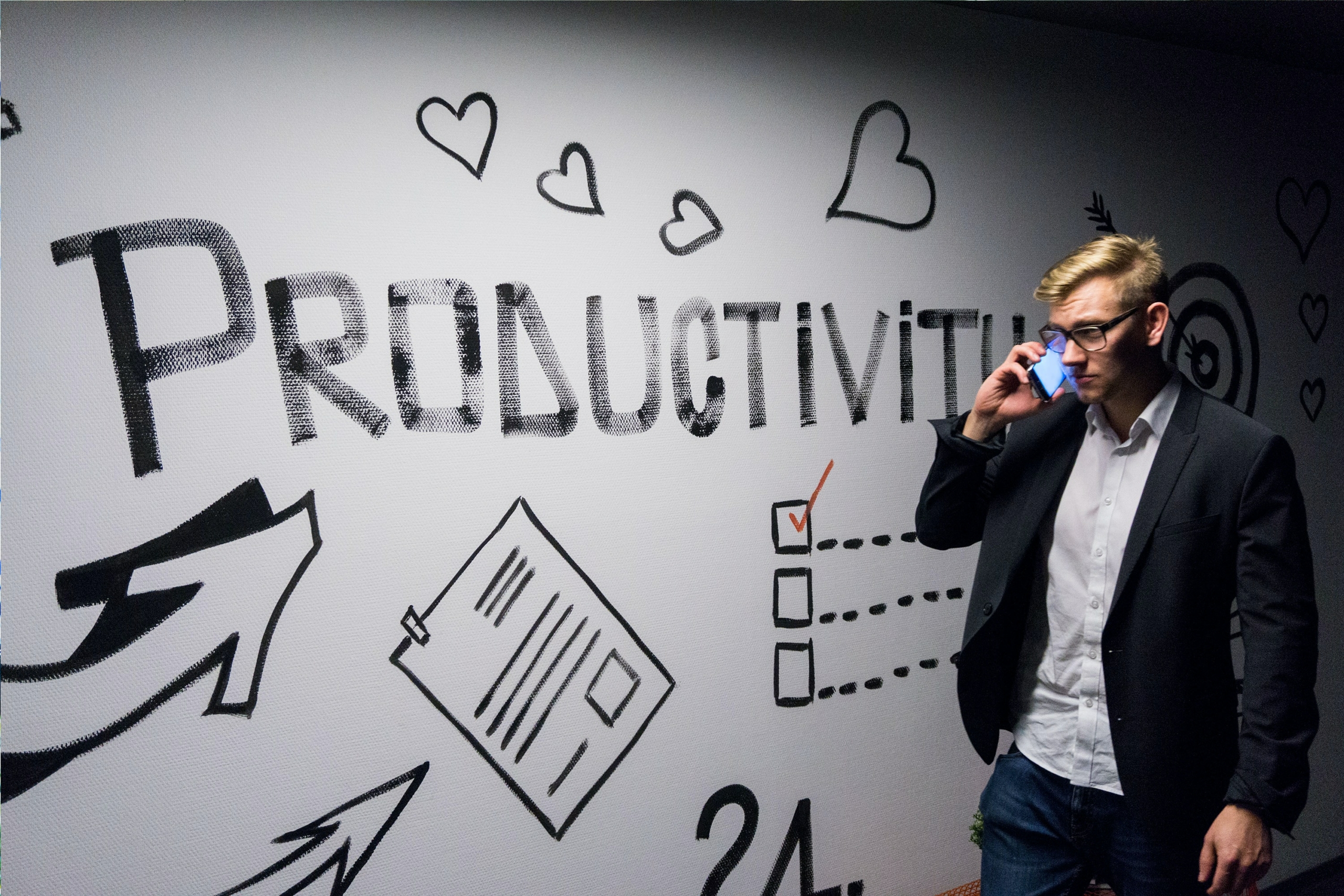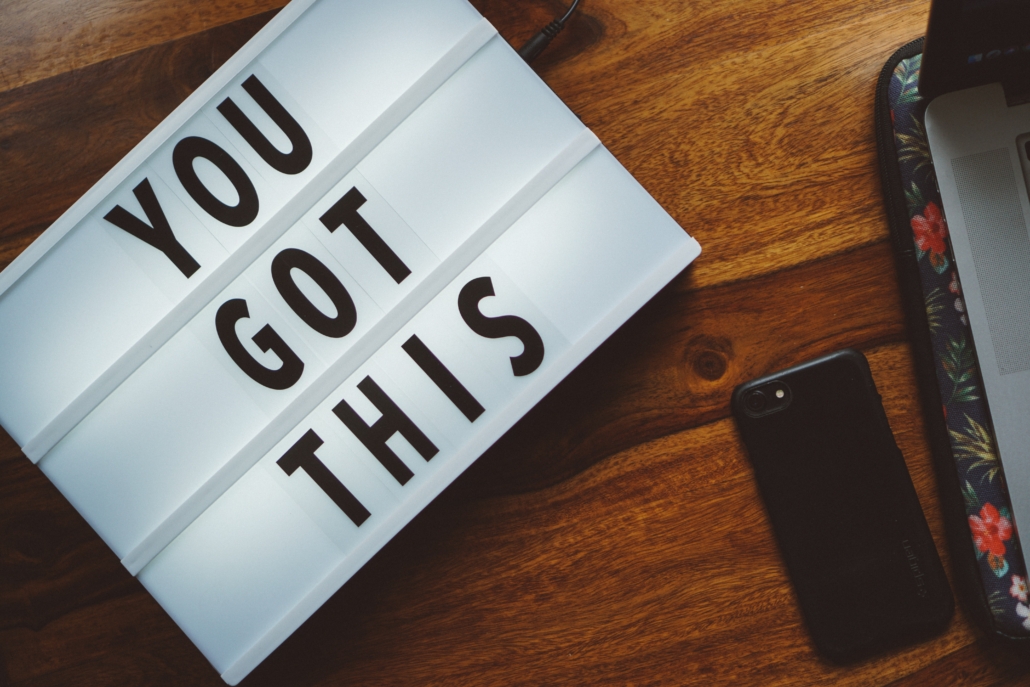Stress reduction strategies for a productive workday
In the fast-paced and demanding world of work, stress has become an almost unavoidable aspect of our daily lives. The pressure to meet deadlines, handle responsibilities, and navigate the challenges of the modern workplace can take a toll on both our physical and mental well-being.
However, implementing effective stress reduction strategies is not only essential for our health but can also significantly enhance our productivity and job satisfaction. Here are some practical and proven strategies to create a more relaxed and productive workday.
1. Mindful Morning Rituals
The way you start your day sets the tone for the hours ahead. Consider incorporating mindfulness into your morning routine. Take a few minutes for meditation, deep breathing exercises, or a quick stretch to center yourself before diving into work. This can help create a positive mindset and enhance your ability to handle stress.
2. Prioritize and Organize
One of the main sources of workplace stress is feeling overwhelmed by an excessive workload. Break down your tasks into smaller, more manageable steps and prioritize them based on urgency and importance. Creating a to-do list can help you stay organized and focused throughout the day.
3. Effective Time Management
Time management is crucial for stress reduction. Set realistic deadlines, avoid multitasking, and allocate specific time blocks for different tasks. Using productivity tools or techniques, such as the Pomodoro Technique, can enhance focus and prevent burnout.
4. Regular Breaks
Taking short breaks during the workday is not a sign of laziness; it’s a key element of maintaining productivity and reducing stress. Use breaks to step away from your desk, stretch, or take a short walk. These activities can rejuvenate your mind and body, leading to increased concentration when you return to work.
5. Healthy Lifestyle Choices
Maintaining a healthy lifestyle outside of work directly impacts your ability to manage stress. Prioritize regular exercise, a balanced diet, and sufficient sleep. These factors contribute not only to physical well-being but also to mental resilience.
6. Effective Communication
Miscommunication or lack of communication can contribute to workplace stress. Foster an open and transparent communication culture within your team. Clearly express expectations, share concerns, and be receptive to feedback. This can minimize misunderstandings and create a more positive work environment.
7. Delegate When Necessary
Recognize that you can’t do everything on your own. If possible, delegate tasks to team members who have the expertise or capacity to handle them. Delegating not only lightens your workload but also fosters a sense of teamwork and collaboration.
8. Learn to Say No
While it’s essential to be a team player, it’s equally crucial to know your limits. Politely decline additional tasks or commitments that might push you beyond your capacity. Learning to say no when necessary is a valuable skill for stress management.
9. Create a Comfortable Workspace
A cluttered or uncomfortable workspace can contribute to stress. Organize your desk, personalize your workspace with items that bring you joy, and ensure your chair and computer setup are ergonomic. A comfortable workspace can positively impact your mood and productivity.
10. Reflect and Adjust
Regularly reflect on your stress levels and the effectiveness of your strategies. If something isn’t working, be open to adjusting your approach. Continuous self-reflection allows you to fine-tune your stress reduction techniques and adapt to evolving work challenges.




